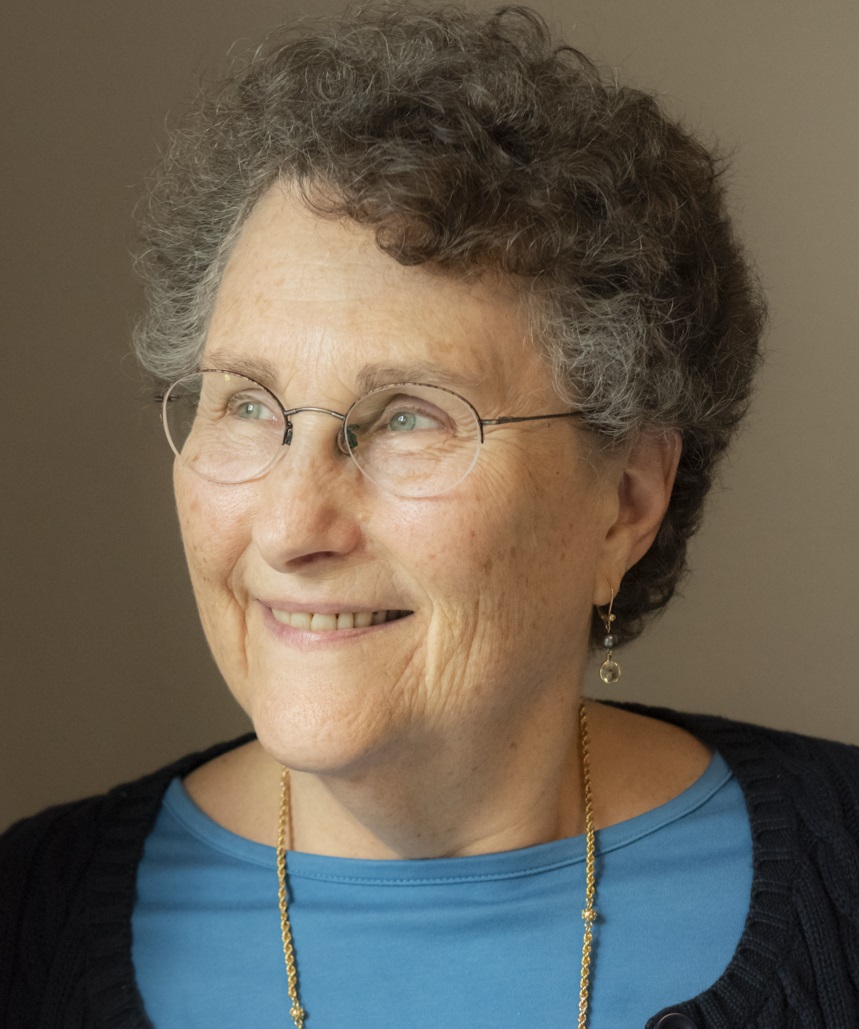Life Without Maggie
Now Jesus wept. The Jews said, “Look how deeply He loved him!” (John 11:35-36, The Message)
It took me months to realize what I had lost. Experts talk about stages of grief. For me, the first stage was numbness. It lasted a long time.
Sure, I'd thought about death, particularly my parents' deaths. I'd prayed frequently that God would spare them prolonged illness. I grieved deeply when my grandmothers and great aunt died in the same year, when I was thirty-three. But this grief was different. After the numbness wore off, I felt as if a part of my life had been amputated. After all, Maggie had been my closest friend for a decade. She alone shared a wealth of memories of those years when our lives were intertwined. Now there's no one who understands that part of my life.
Maggie and I met the first week of college. It was freshman orientation, and we stood next to each other in line. We shared a background in the Episcopal Church (although I was rebelling against God that year).
We were both plump with long, dark blonde hair and wire-rimmed glasses. Often people in our dorm confused us for each other. I was slightly offended. After all, I was unique and didn't want to be mistaken for someone else. Maggie laughed.
I went to France for my sophomore year and there, because of a visit to a Christian community, I recommitted my life to Christ. I was concerned about returning to my home university because I knew my faith was fragile. I wrote to Maggie. Did she know a Christian woman with whom I could room? She wrote back and suggested that she and I live together.
Last week I came across a Christian bookmark Maggie sent me the summer before our junior year. In her unmistakable handwriting, she wrote a message on the back, calling me "roomie" and saying she was glad I was now truly her sister.
The last two years of college we were inseparable. We hosted small, intimate parties for close friends. We attended Christian conferences. We drove to the beach to fly kites and sing hymns into the wild wind.
And we talked. Countless hours of talking. We were endlessly fascinated with the complexity of people's personalities and the way they interacted. We always enjoyed analyzing where God fit into any picture. We looked to the future.
I had a job in Seattle after graduation, and she decided to venture along. We found a tiny, tacky apartment. For two years we continued our pleasant, intimate parties, this time in the form of omelette dinners with new friends. We continued to analyze the world, people, and the church in long, late-night conversations.
Then I met Dave, fell in love, and got married. All within months. Maggie got a job in North Carolina. Our paths crossed often in the following years, and we remained close friends. But Maggie married eight years after I did, and her children were much younger than mine, so our lives were out of sync. When she and her husband moved back to the Seattle area, I had just begun an intense job. I didn't have time to see her often.
She died at forty-one of a brain tumor, leaving behind her husband and two daughters, ages two and five. At first, during my numb stage, my tears were for her family. Two sweet girls growing up without their mother. I grieved that they would never know her energy and optimism, her gentle intelligence, and her remarkable ability to love. I grieved for her husband, so alone.
I know Maggie is dancing joyfully in the presence of the God she loved her whole life. But now, since the numbness has worn off, I want her back. I want her back to make up for the years we didn't see each other often. I want her back so we can share memories and discuss countless issues. I want her back to grow old together. I want her only a phone call away.
The world is not right without Maggie in it.
In this intense pain and loss, I have never sensed God saying, "Come on, snap out of it, have more faith." I have never perceived one moment of impatience on God's part with my grief and pain. I can only see Jesus, the man of sorrow, acquainted with grief, who stood at the tomb of his friend Lazarus and wept. He agrees that the world isn't right without Maggie and he stands beside me, whispering that he has conquered death as we weep together.
(Maggie died in 1994. This article was originally published in 1996 in Women’s Spiritual Passages: Celebrating Faith after 40, edited by Lucinda Secrest McDowell.)

